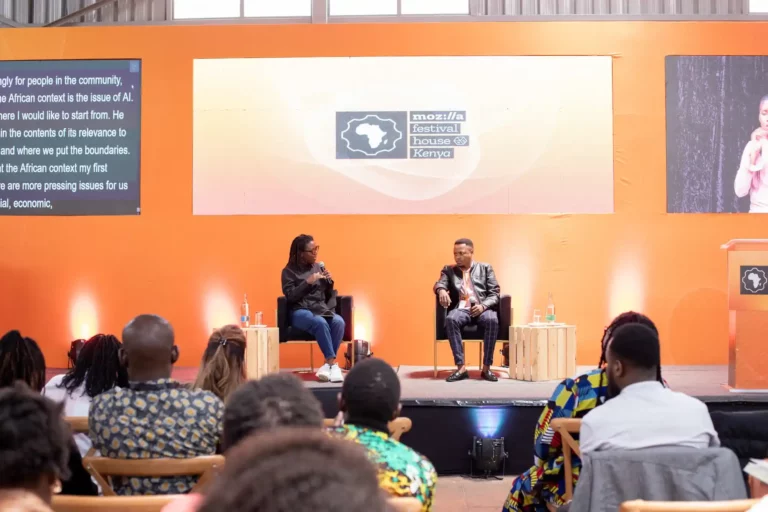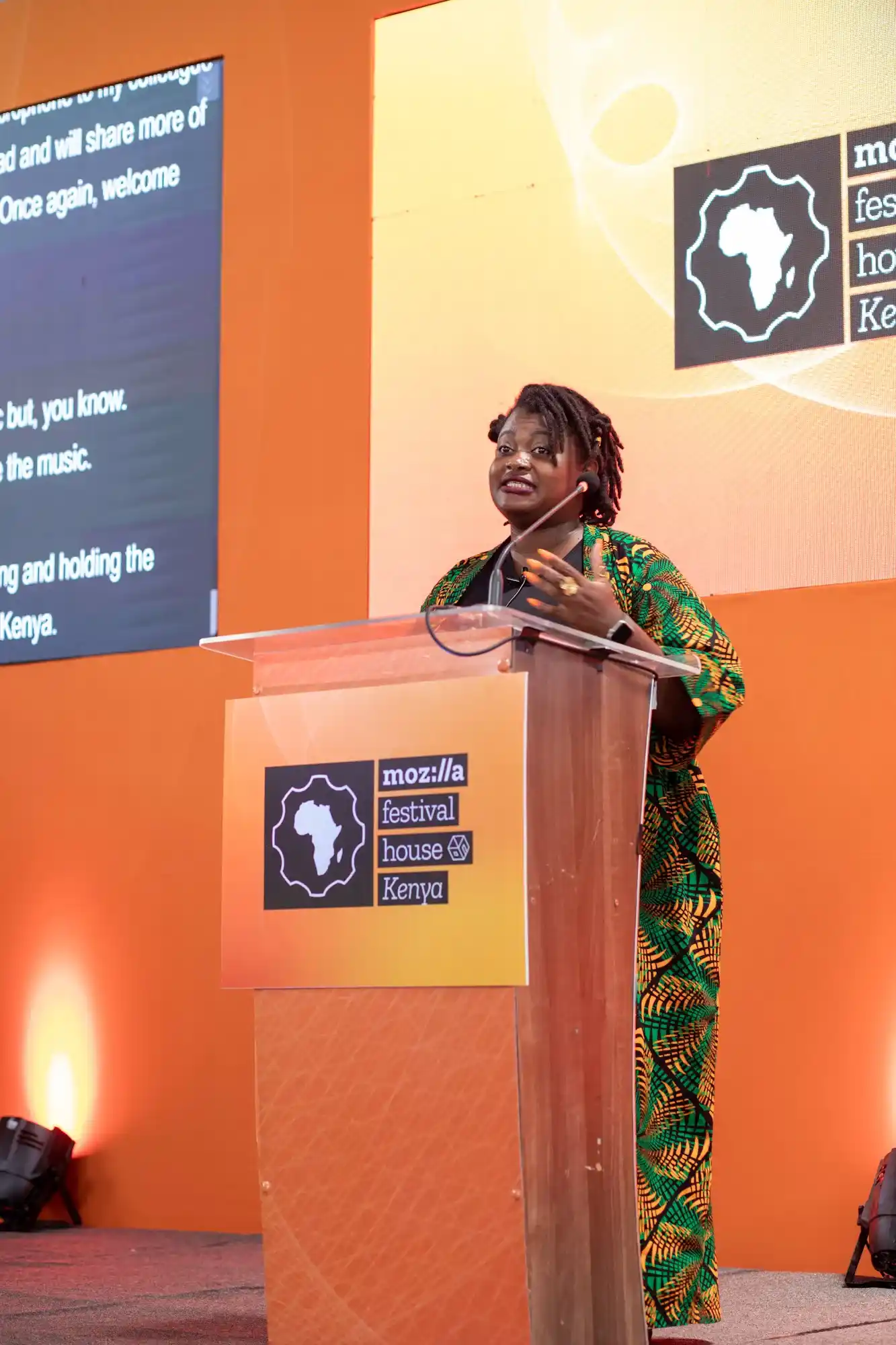The Mozilla Festival House in Kenya has united diverse communities to discuss, debate, and connect around pressing regional issues, such as the role of technology in propagating social injustices in Africa.
On the first day, participants started developing practical solutions to problems like digital extractivism.
They discussed the introduction of global content moderation unions advocating for fair wages and building strong solidarity for digital labour movements.
Attendees, including policymakers, technologists, and activists, explored how emerging technologies like AI have exacerbated the marginalization of vulnerable groups across the continent and how extractive data practices continue to widen this gap.
J. Bob Alotta, Senior Vice President of Global Programs at Mozilla, stated: “Currently, East Africa — and the continent more broadly — is striving for tech sovereignty. The policymakers, technologists, and activists at MozFest Kenya are leading this campaign, actively pursuing an internet where African perspectives and needs are the norm.”
Chenai Chair, Senior Program Officer at Africa Innovation Mradi, commented: “Digital extractivism is central to how many emerging technologies are being built — but it doesn’t have to be. The community at MozFest House Kenya is challenging exploitative patterns, like Big tech companies irresponsibly outsourcing cheaper, ‘lower-value’ aspects in the tech value chain — data annotation, content moderation — to Africans”.
Daniel Motaung, Former Facebook Content Moderator and Union Mobilizer added: “People are crucial to driving solutions about labor rights. If all digital workers unite, we have the power to influence big Tech companies to change. We cannot rely on court cases and Big Tech CEOs in closed-door meetings to effect change — real change happens in regulation and for this, we need a strong, united voice globally advocating for a common cause.”
MozFest House Kenya offers over 30 interactive sessions on various topics such as inclusive digital identity, the digital ID movement, and the risks of digitizing discrimination through AI.
Mozilla’s broader Africa Innovation Mradi supports movements across East and Southern Africa to explore the intersection of technology and society, uplift locally developed innovations and products, ensure technology includes African voices, and fund research that will enhance tech accountability across the region.





